
News Biosensors & Smart Medical Devices


International Student Competition SensUs
TUM students at global biosensor contest

Dr. H. Ceren Ates honored with two awards for her doctoral thesis
Biosensor for personalized drug monitoring of antibiotics
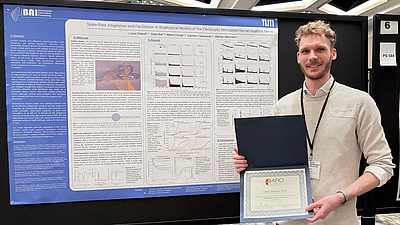
On the road for research
From Simulations to Sunshine: Hearing Research in Orlando
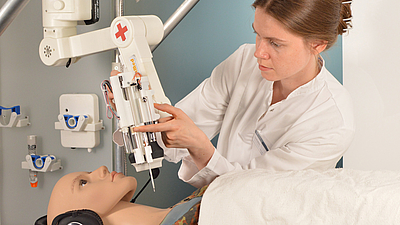
Remote relief of tension pneumothorax
Robot treats injured people in flight
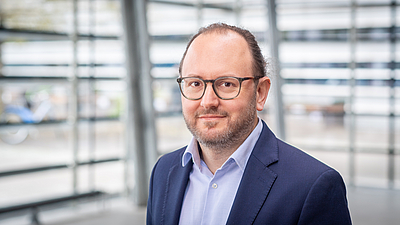
NewIn: Can Dincer
Wearables: sensors for everyday life
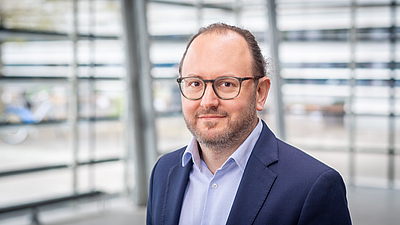
Interview with Prof. Can Dincer on wearable medical sensors
Continuous health monitoring with wearables
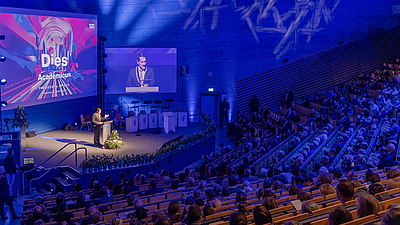
Dies Academicus under the motto "Facta non verba - deeds instead of words"
TUM celebrates a successful 2024
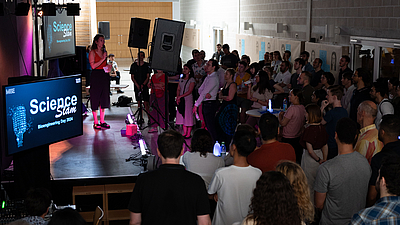
Science Slam at the Bioengineering Day 2024
„A story of adventure, science, and a bit of horror“
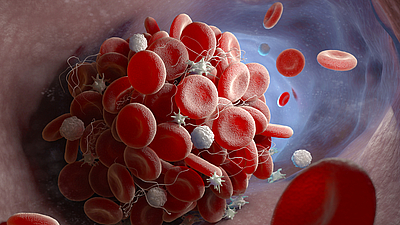
TUM researchers develop rapid test for severe infections
Risk of serious COVID-19 infection can now be predicted